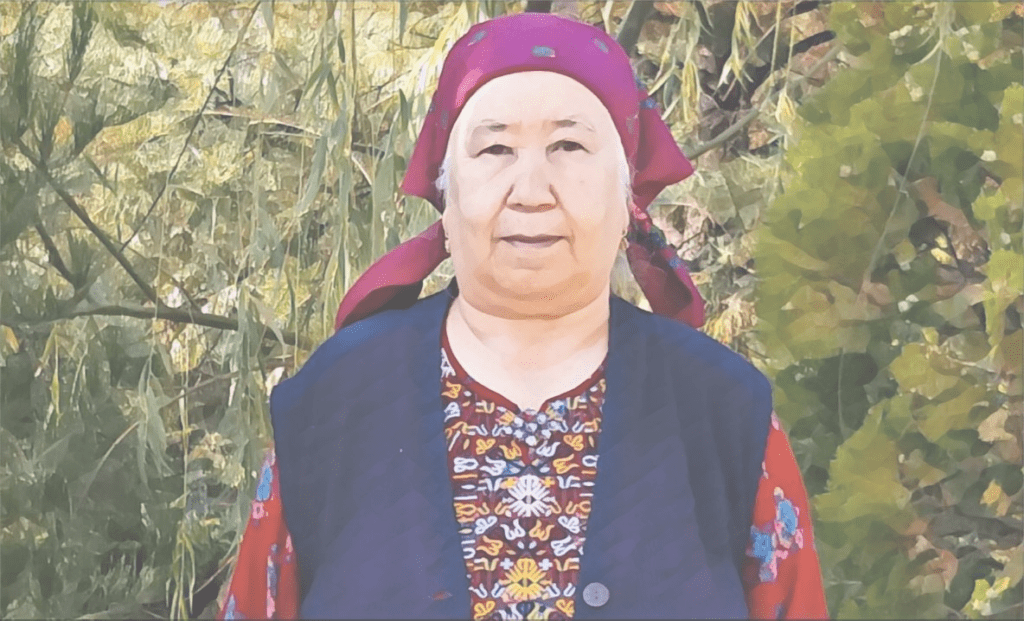Opinion – Storm Clouds Over Kazakhstan: Oil Slump and Global Risks Threaten Economic Stability
The persistent decline in Brent crude prices is the latest sign of a looming 'perfect storm' for Kazakhstan’s economy, the largest in Central Asia. With the mining sector comprising nearly half of its GDP and oil as a cornerstone resource, the nation’s economic stability is facing a cascade of potential shocks. Oil Prices and Budget Vulnerability Kazakhstan is grappling with significant economic headwinds amid forecasts of a global recession and declining energy prices. In April 2025, OPEC+, including Kazakhstan, unexpectedly agreed to raise oil production by 411,000 barrels per day, pushing prices below $65 per barrel. Given the country's reliance on hydrocarbon exports, such price drops jeopardize state revenues. Analysts say Kazakhstan needs oil prices to remain above $42.30 per barrel in 2025 to maintain fiscal stability. However, the threat extends beyond oil. As energy journalist Oleg Chervinsky noted on his Telegram channel, global commodity prices across the board are falling, a signal that recession is imminent. “The bad news for Kazakhstan is that prices are dropping not only for oil but for all raw materials,” Chervinsky wrote. “JP Morgan estimates the global recession probability at 60%. Even though oil and gas are exempt from Donald Trump’s new tariffs, the broader protectionist policies could fuel inflation, curb growth, and escalate trade tensions”. Trump's Trade War and Kazakhstan President Donald Trump’s sweeping tariffs are designed to limit low-cost imports and incentivize domestic production. Kazakhstan has been hit with a 27% tariff, the highest among the Central Asian nations. Its strategic location within China’s Belt and Road Initiative positions it as a potential re-export hub, prompting higher trade scrutiny. Kazakhstan’s Ministry of Trade and Integration has downplayed the immediate economic impact, noting that U.S.-bound exports account for less than 5% of total trade, and the country still holds a $1 billion trade surplus with the U.S. While the direct fallout may be limited, the broader implications of a global trade war could severely strain Kazakhstan’s economy. If a global recession takes hold, demand for Kazakhstan’s key exports, oil, uranium, and metals, will drop, dragging prices down further. Currency Pressures and Investor Retreat With shrinking export revenues, the tenge faces devaluation, leading to inflation, rising import costs, and weakened consumer purchasing power. In addition, recessions typically dampen foreign direct investment, especially in emerging markets like Kazakhstan, where perceived risk grows amid uncertainty. The China Factor The U.S.-China trade conflict is another critical variable. Trump’s strategy aims to undercut Beijing’s economic strength, but for Kazakhstan, China is its largest trading partner, representing over 15% of foreign trade. A slowdown in China would reduce demand for Kazakhstani raw materials and transit services. Such a downturn could also jeopardize President Kassym-Jomart Tokayev’s ambition to establish Kazakhstan as a vital trade corridor between China and Europe. While the Belt and Road Initiative is unlikely to collapse, reduced cargo flows would strain state revenues. China is also the primary buyer of Kazakhstan’s copper, aluminum, and ferroalloys. Any industrial slowdown there immediately impacts Kazakhstan's export volumes. Converging Risks Taken...






